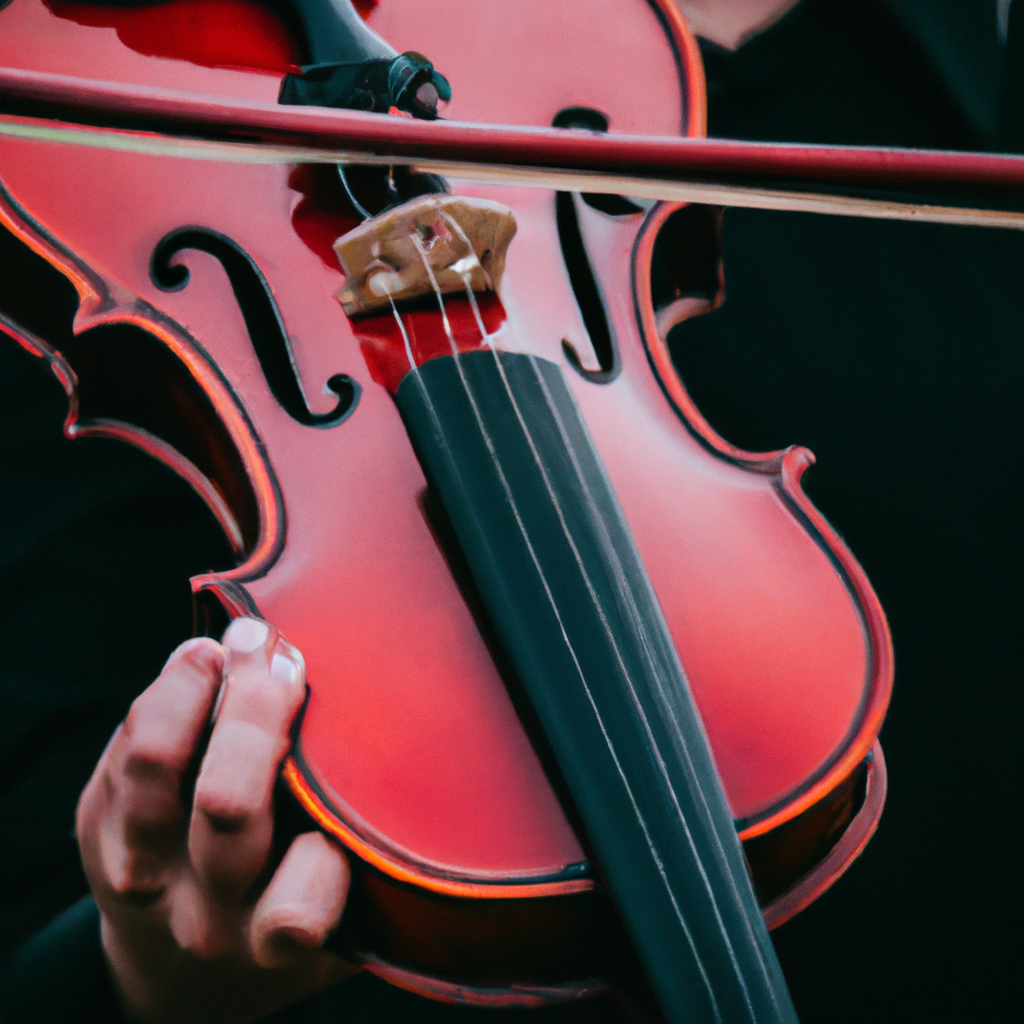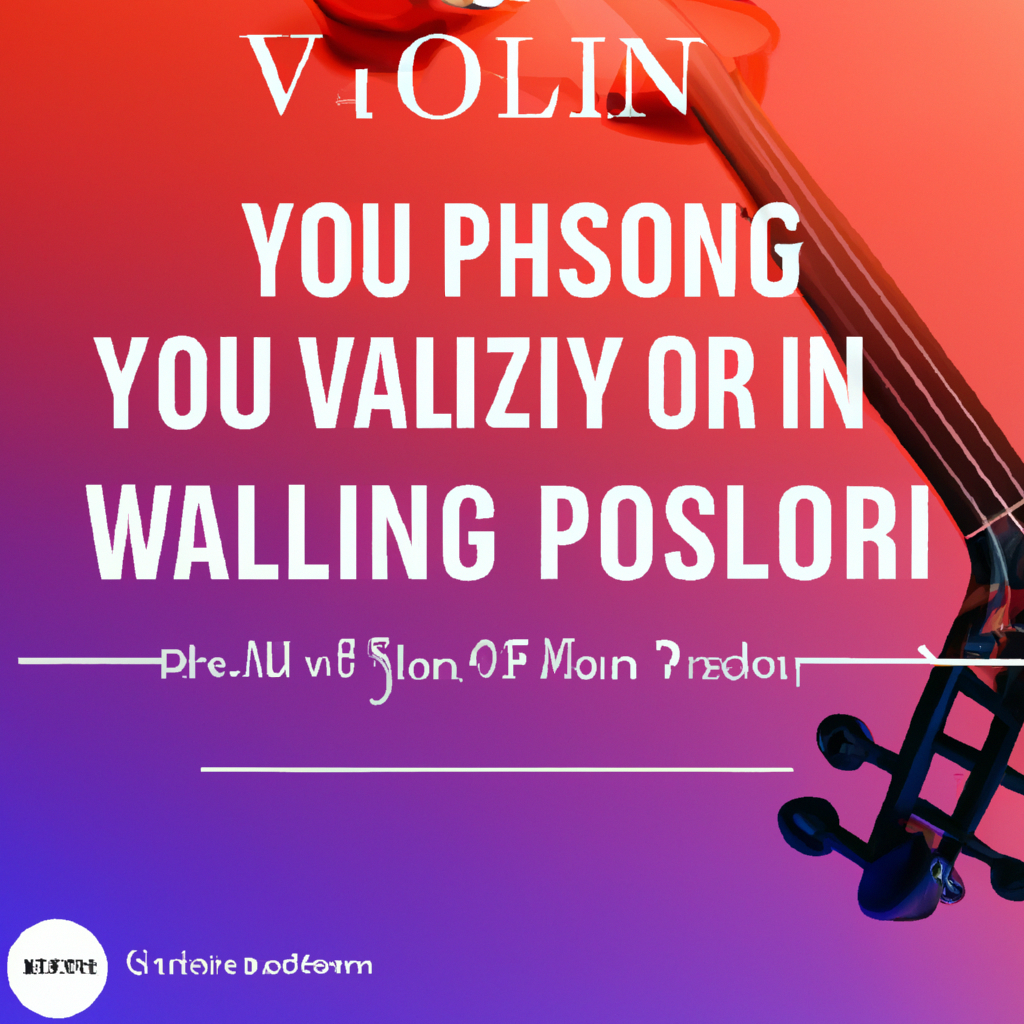
Learning to play the violin is a rewarding journey that requires dedication and perseverance. While mastering the violin may seem like a daunting task, with the right approach and consistent practice, beginners can achieve mastery in no time. This article will provide a step-by-step guide to help beginners navigate their violin learning journey effectively.

Learning to play the violin is a valuable skill that offers numerous benefits to beginners. Whether it's for personal enjoyment, joining an orchestra or ensemble, or pursuing a career in music, mastering the violin opens up a world of possibilities. While the time frame for achieving mastery may vary for each individual, with consistent practice and the right guidance, beginners can make significant progress in a relatively short period.

Setting realistic goals is crucial for beginners to stay motivated and track their progress. Instead of aiming for immediate mastery, beginners should focus on setting achievable goals that build upon each other. For instance, goals like learning to play a specific piece, mastering a particular technique, or reaching a certain level of proficiency are realistic milestones that can be celebrated along the way.
By breaking down the learning process into smaller, manageable goals, beginners can maintain a sense of accomplishment and stay motivated throughout their journey.
A good quality violin is essential for beginners to learn and progress effectively. A poorly made instrument can hinder the learning process and produce inferior sound quality, which can be discouraging for beginners. Investing in a good quality violin ensures that beginners have a reliable instrument that produces a desirable tone and is easier to play.
When choosing a suitable violin, beginners should consider factors such as the instrument's sound quality, playability, and craftsmanship. It's advisable to seek guidance from experienced violinists or consult with a reputable violin dealer to ensure the instrument meets the necessary standards.
Having a qualified violin teacher is invaluable for beginners. A knowledgeable teacher can provide guidance, offer personalized instruction, and help beginners develop proper technique and musicality. They can also identify and correct any mistakes or bad habits early on, preventing future difficulties and ensuring a solid foundation.
When searching for a qualified violin teacher, beginners should consider factors such as the teacher's qualifications, teaching experience, and teaching style. It's beneficial to observe potential teachers in action or seek recommendations from other musicians to find the right fit.
Consistent practice is key to mastering the violin. Establishing a regular practice routine helps beginners develop discipline, build muscle memory, and improve overall playing skills. It's recommended to set aside dedicated practice time each day, even if it's just a short session.
To create an effective practice schedule, beginners should prioritize consistency over length. It's better to have shorter, focused practice sessions than long, sporadic ones. Setting specific goals for each practice session, such as working on a particular technique or piece, helps maintain focus and track progress.
Proper posture and technique are fundamental aspects of playing the violin. Developing correct posture ensures comfort, prevents injuries, and allows for better control of the instrument. Beginners should pay attention to their body alignment, including the position of the head, shoulders, arms, and fingers.
Hand positioning and bowing technique are also crucial for producing a good sound on the violin. Beginners should practice placing their fingers on the fingerboard accurately and maintaining a relaxed hand position. Bowing technique should focus on the right amount of pressure, speed, and contact point on the strings to produce the desired tone.
Starting with the basics is essential for beginners to build a strong foundation. While it may be tempting to jump into playing complex pieces, focusing on fundamental techniques and exercises is crucial. This includes learning to read sheet music, understanding basic music theory, and mastering essential bowing and fingering techniques.
As beginners progress, they can gradually expand their repertoire and tackle more challenging pieces. However, consistently practicing and refining the basics should always be a part of their practice routine.
Practicing scales and exercises regularly has numerous benefits for beginners. Scales help improve finger dexterity, intonation, and overall technique. They also provide a foundation for understanding key signatures and developing ear training.
Some essential scales for beginners include the major scales (such as C major, D major, and G major) and their corresponding arpeggios. Practicing various bowing patterns, such as spiccato or staccato, can further enhance technique and control.
In addition to scales, exercises that target specific technical challenges, such as finger independence or bow control, can greatly assist beginners in their journey to mastering the violin.
While technique is crucial, developing musicality and expression is equally important in violin playing. Beginners should strive to convey emotion and interpretation through their playing, bringing the music to life.
To develop musicality, beginners can focus on aspects such as dynamics, phrasing, and articulation. Experimenting with different bowing techniques, vibrato, and varying the speed and intensity of their playing can add depth and expression to their performances.
Listening to recordings of renowned violinists and attending live performances can also inspire beginners to develop their own unique musical voice.
Performing in front of others is a crucial step in the learning journey of a violinist. It helps build confidence, allows for feedback and constructive criticism, and provides a platform to showcase progress. Beginners should actively seek performance opportunities, such as recitals, open mic nights, or playing for friends and family.
Participating in group settings, such as chamber groups or orchestras, can also provide valuable performance experience and foster musical collaboration.
Mastering the violin is a fulfilling endeavor that requires dedication, patience, and consistent practice. By following the outlined steps and maintaining a positive mindset, beginners can make significant progress in their journey to becoming proficient violinists.
Remember, achieving mastery takes time, so be patient and enjoy the process. With the right guidance and a passion for the instrument, beginners can unlock their full potential and experience the joy of mastering the violin in no time.